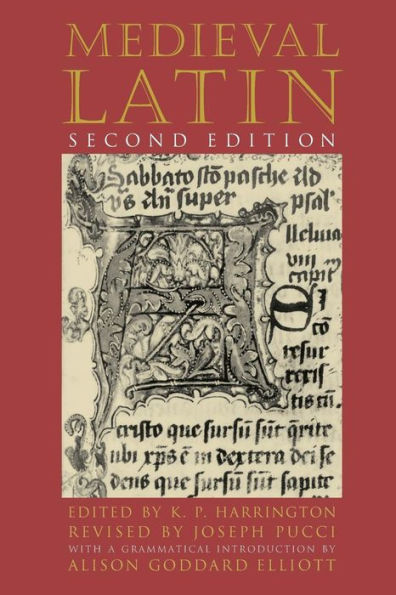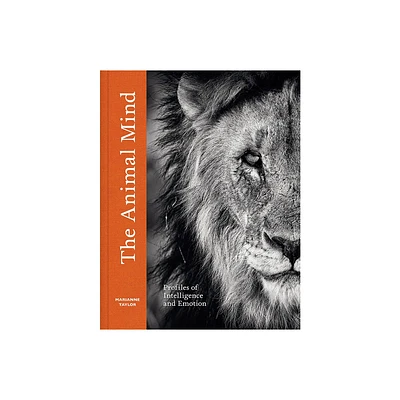Home
Animal Minds Medieval Latin Philosophy: A Sourcebook from Augustine to Wodeham
Loading Inventory...
Barnes and Noble
Animal Minds Medieval Latin Philosophy: A Sourcebook from Augustine to Wodeham
Current price: $84.99


Barnes and Noble
Animal Minds Medieval Latin Philosophy: A Sourcebook from Augustine to Wodeham
Current price: $84.99
Loading Inventory...
Size: Hardcover
*Product Information may vary - to confirm product availability, pricing, and additional information please contact Barnes and Noble
This sourcebook explores how the Middle Ages dealt with questions related to the mental life of creatures great and small. It makes accessible a wide range of key Latin texts from the fourth to the fourteenth century in fresh English translations. Specialists and non-specialists alike will find many surprising insights in this comprehensive collection of sources on the medieval philosophy of animal minds.
The book’s structure follows the distinction between the different aspects of the mental. The author has organized the material in three main parts: cognition, emotions, and volition. Each part contains translations of texts by different medieval thinkers. The philosophers chosen include well-known figures like Augustine, Albert the Great, and Thomas Aquinas. The collection also profiles the work of less studied thinkers like John Blund, (Pseudo-)Peter of Spain, and Peter of Abano. In addition, among those featured are several translated here into English for the first time.
Each text comes with a short introduction to the philosopher, the context, and the main arguments of the text plus a section with bibliographical information and recommendations for further reading. A general introduction to the entire volume presents the basic concepts and questions of the philosophy of animal minds and explains how the medieval discussion relates to the contemporary debate. This sourcebook is valuable for anyone interested in the history of philosophy, especially medieval philosophy of mind. It will also appeal to scholars and students from other fields, such as psychology, theology, and cultural studies.
The book’s structure follows the distinction between the different aspects of the mental. The author has organized the material in three main parts: cognition, emotions, and volition. Each part contains translations of texts by different medieval thinkers. The philosophers chosen include well-known figures like Augustine, Albert the Great, and Thomas Aquinas. The collection also profiles the work of less studied thinkers like John Blund, (Pseudo-)Peter of Spain, and Peter of Abano. In addition, among those featured are several translated here into English for the first time.
Each text comes with a short introduction to the philosopher, the context, and the main arguments of the text plus a section with bibliographical information and recommendations for further reading. A general introduction to the entire volume presents the basic concepts and questions of the philosophy of animal minds and explains how the medieval discussion relates to the contemporary debate. This sourcebook is valuable for anyone interested in the history of philosophy, especially medieval philosophy of mind. It will also appeal to scholars and students from other fields, such as psychology, theology, and cultural studies.


















